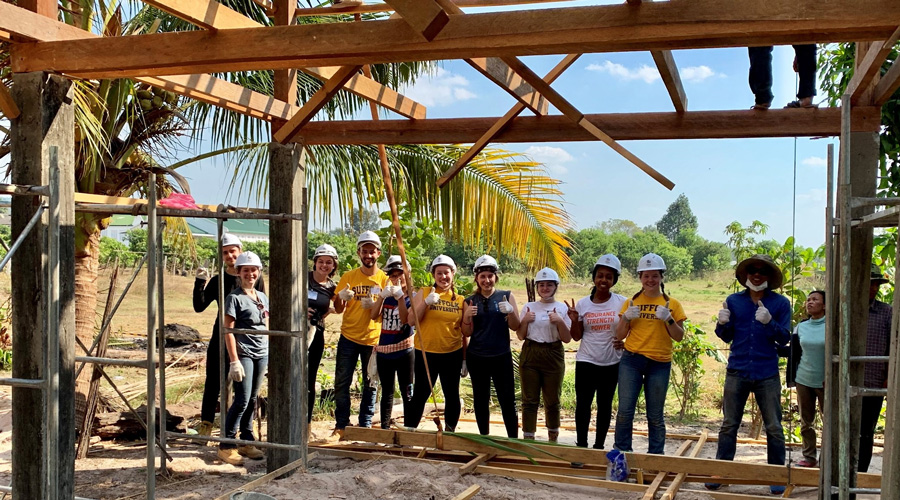Connect with resume samples from this career community:
For resumes targeting human services & social impact opportunities…
- Use accomplishment statements and include tangible results
- Be as descriptive as possible while also being concise
- Start bullet point descriptions with strong action verbs and vary your word choice
- If your relevant experience is limited, mention knowledge, interest, and professional goals that connect to the position, industry, population, or special interest area
- Tailor your application materials to the position by including key words, relevant skills, and industry terminology
- In addition to technical skills, human services roles often focus significantly on personal skills, so be sure to highlight these qualities, especially those which are mentioned in the job description such as:
- Written and verbal communication Interpersonal skills and relationship-building
- Time management and organizational skills Patience, empathy, active listening Dedication to the mission of the agency or organization
Use your cover letter to:
- Connect with the mission of the organization or agency
- Convey your passion for the field you are pursuing
- Showcase your dedication to serve the target population/ advance the issues being addressed
- Thoroughly research each organization and specific department or program you are applying for
- Mention your knowledge of programming they offer, who they serve, what their goals are, and how you can contribute to the work being done there.
-
Be sure to include examples about any relevant experience
-
Internships
-
On-campus work
-
Student organization involvement
-
Volunteer work
-
Course projects
-
Research studies
Personal experience or personal connection to the mission can be referenced but should be generalized without providing too many specific personal details (for example: as someone who has observed firsthand a family member who has experienced the challenges of living with a mental health disability, I am uniquely positioned to serve the clients at your agency).
Check out our resume and cover letter guide for tips and samples to get started. For additional assistance, please schedule an appointment with Lauren Gray or visit Quinncia, an AI-powered mock interview and resume review platform.





